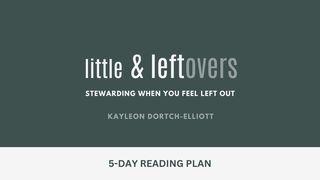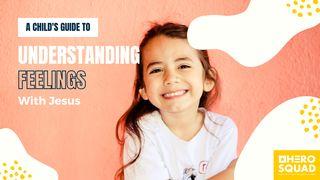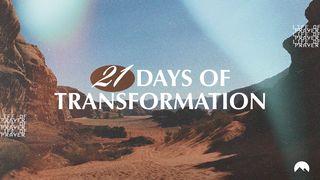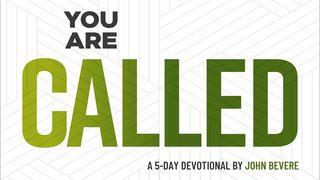Exodus: A House for GodSample

Reading Laws and Sprinkling Blood
By Danny Saavedra
“Moses then wrote down everything the Lord had said. He got up early the next morning and built an altar at the foot of the mountain and set up twelve stone pillars representing the twelve tribes of Israel. Then he sent young Israelite men, and they offered burnt offerings and sacrificed young bulls as fellowship offerings to the Lord. Moses took half of the blood and put it in bowls; the other half he splashed against the altar. Then he took the Book of the Covenant and read it to the people. They responded, ‘We will do everything the Lord has said; we will obey.’ Moses then took the blood, sprinkled it on the people and said, ‘This is the blood of the covenant that the Lord has made with you in accordance with all these words.’”—Exodus 24:4-8 (NIV)
Have you ever made a pact (or covenant) with a friend? Maybe you had to take an oath in court or as part of your job—like the oaths doctors and lawyers take. If you’ve been married, you both recited your vows during the ceremony. A covenant acts as a binding agreement and statement of intention, fidelity, and devotion on the part of the involved parties.
In today’s passage, we see a few things happening. First, we’re told that Moses wrote down “everything the Lord had said.” Why? So God’s Word may be preserved in a tangible way for every future generation of God’s people. You see, God's Word, His law, His commandments, and His way for life, worship, relationships, justice, and health were of such surpassing importance that it couldn’t be left up to human recollection or the creative nature of our flawed memories. It had to be written down!
This was an “everlasting covenant” (Jeremiah 32:40), and it would need to be passed down, repeatedly cited, re-read, referenced, studied, taught, memorized, internalized, meditated on, and lived out practically. Thus, it’s clear that Israel’s verbal pact to do everything the Lord said simply wasn’t good enough.
Second, what was the purpose of the altar-building and the 12 stone pillars? Well, the altar symbolized the presence of the Lord (one party in this covenant/pact), and the 12 pillars represented the tribes of Israel (the other party).
Third, in this pact, the burnt offerings were done for the atonement of sins and as a sign of dedication and devotion. In contrast, the peace offerings represented man’s gratitude for the mercies received from the Lord and their communion with God and one another. Here, both were offered together to demonstrate Israel’s thankfulness for being taken into covenant with the Lord and Israel’s determination to be set apart unto the Lord.
Next, Moses read the law for everyone to hear because our covenant with God is based on His words and terms, not ours. This was followed again by an acknowledgment: “We will do everything the Lord has said; we will obey.”
Finally, Moses took the remaining blood from the offerings and sprinkled it on the people because it represents life (Leviticus 17:11). In Exodus 24:8 (NIV, emphasis added), Moses said, “This is the blood of the covenant that the Lord has made with you in accordance with all these words.” Sound familiar? They’re the same words uttered by Jesus in the upper room! He said, “This is my blood of the covenant, which is poured out for many for the forgiveness of sins” (Matthew 26:28 NIV).
No longer the blood of bulls and goats, but the blood of God Himself poured out for an everlasting covenant that not only covers our sins but pays the full price and removes them! Even in establishing the pact here between God and His people, God was showing His hand and pointing us to the greater pact that was to come in Christ!
Pause: Why is it so important that we have the written law?
Practice: Don’t gloss over the importance of God’s law. Commit to spending time reading through the law in Exodus–Deuteronomy.
Pray: Father, thank You for Your Word! Thank You for Your covenant, Your law, and Your truth. Thank You for writing Your Word in my heart and for the blood of the new covenant through Jesus Christ our Lord. Amen.
Scripture
About this Plan

In part five of this seven-part study through the Book of Exodus, we'll explore Exodus 24–31.
More
Related plans

Stop Milking It - Wean for the Win!

Little & Leftovers: Stewarding When You Feel Left Out

Stop Saying You Are “Bad With Money”

A Child's Guide To: Understanding Feelings With Jesus

21 Days of Transformation

Acts - Until Everyone Knows

Why Suicide Is Not the Option

Desperate Woman Seeks Friends by Kristen Strong

Beautifully Scarred
